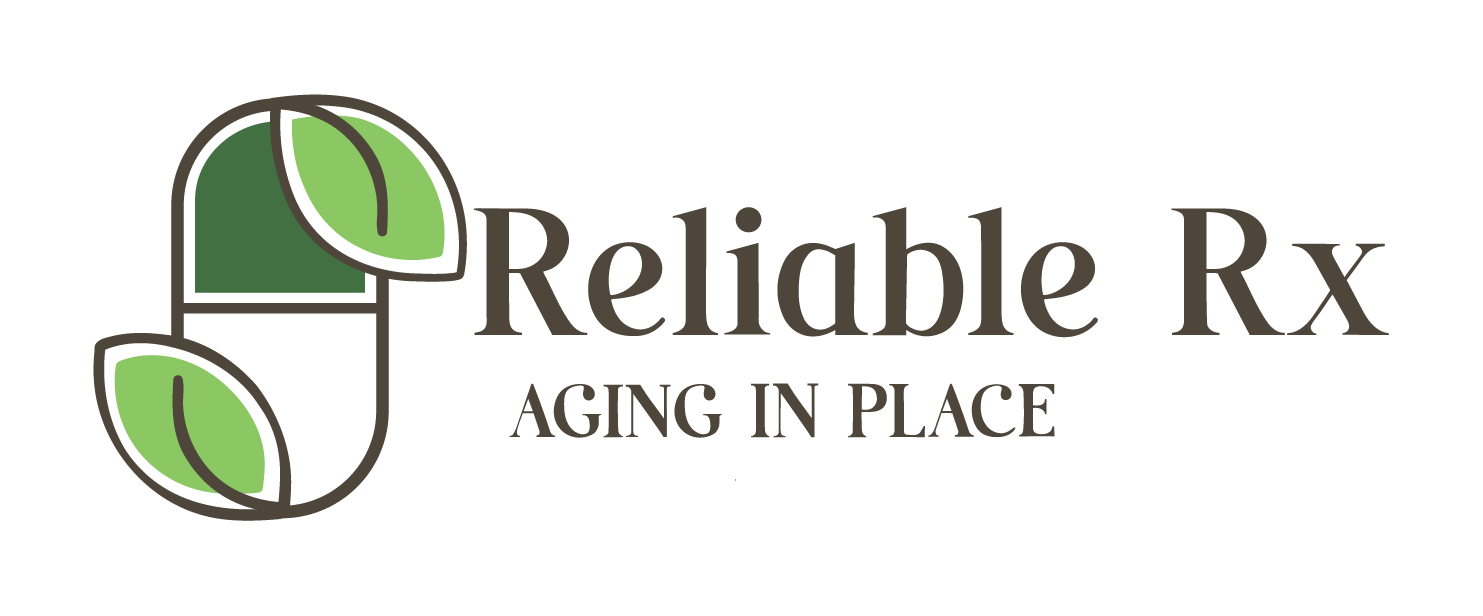Preventing Bed Sores: A Guide for Seniors and Caregivers
- reliablerx513
- Mar 4
- 2 min read
Bed sores, also known as pressure ulcers, are a serious concern for seniors, particularly those with limited mobility. These painful wounds develop when prolonged pressure restricts blood flow to the skin, damaging tissue. Preventing bed sores is crucial for comfort, well-being, and overall health. By implementing proactive care strategies, caregivers and family members can help mitigate this risk and ensure their loved ones remain comfortable and safe.
Understanding Bed Sores
Bed sores typically develop in areas where the skin is in constant contact with a surface, such as the tailbone, heels, hips, and elbows. Seniors who spend extended periods in bed or a wheelchair are particularly vulnerable. If left untreated, these sores can progress to severe infections, significantly impacting health and quality of life.
Preventative Measures
Fortunately, bed sores are largely preventable through consistent care and attention. Here are key strategies to reduce the risk:
1. Frequent Repositioning
Encourage movement as much as possible.
Reposition bed-bound individuals every two hours.
Adjust wheelchair users every 15-30 minutes.
Use pillows or foam wedges to reduce pressure on high-risk areas.
2. Skin Inspections and Hygiene
Check for redness, swelling, or signs of irritation daily.
Keep skin clean and dry, using gentle cleansers and moisturizers.
Address excessive moisture from sweat or incontinence promptly.
3. Proper Nutrition and Hydration
Maintain a balanced diet rich in protein, vitamins, and minerals to support skin health.
Ensure adequate hydration to keep skin resilient.
4. Use of Supportive Surfaces
Invest in pressure-relieving mattresses, cushions, and pads.
Avoid overly soft bedding that may trap moisture.
5. Encouraging Circulation and Activity
Promote light physical activity when possible.
Use gentle massage (avoiding direct pressure on bony areas) to stimulate circulation.
What to Do If a Bedsore Develops
Despite best efforts, bed sores can still occur. If you notice one forming, take the following steps:
Stage 1 (Redness, No Open Wound): Relieve pressure immediately and keep the area dry.
Stage 2 (Blister or Open Sore): Clean with mild soap and water, apply a prescribed dressing, and monitor closely.
Stage 3 & 4 (Deep Wounds): Seek medical attention promptly, as advanced sores require professional treatment to prevent infection and further complications.
Preventing bed sores requires diligence, but with the right care strategies, seniors can maintain their comfort and quality of life. Caregivers and family members play a vital role in ensuring that preventative measures are consistently applied. By staying proactive, you can help your loved one avoid unnecessary pain and complications.
Reliable Rx is here to support you with the necessary resources and medical supplies to enhance caregiving and ensure optimal senior care. If you have any questions or need guidance, don’t hesitate to reach out to our team.




Comments